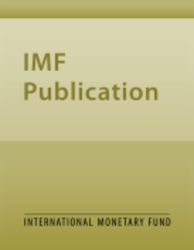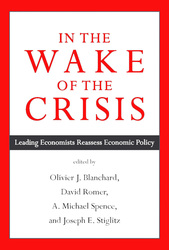
Monetary Policy in Sub-Saharan Africa
This book explores the many dimensions of monetary policy issues in sub-Saharan Africa.
READ MORE...
Publication date:
ISBN:
Add to Cart by clicking price of the language and format you'd like to purchase
Available Languages and Formats
Topics covered in this book
This title contains information about the following subjects.
Click on a subject if you would like to see other titles with the same subjects.
Banks and Banking , Inflation , Economics- Macroeconomics , Money and Monetary Policy , BOOK , monetary policy shock , money target , interest rate rule , inflation rate , food inflation , Inflation , Exchange rates , Monetary base , Food prices , Demand for money , Sub-Saharan Africa , Global , Africa , Central Africa , Eastern Europe , Real exchange rates
Summary
Monetary policy in sub-Sahara Africa (SSA) has undergone an important transformation in recent decades. With the advent of sustained growth and generally stable fiscal policies in much of the region, many countries are now working to modernize their monetary policy frameworks. This book provides a comprehensive view of the many monetary policy issues in sub-Saharan Africa. It reflects an effort to fill a gap in the current literature and collects research by staff of the IMF and other institutions, as well as from policymakers within central banks in SSA. The chapters explore the many dimensions of monetary policy in SSA. This volume will serve as an important reference for academics and policymakers and will inform future policy debates. The book highlights two points, one policy-related and the other methodological. Although these countries differ in important ways from advanced and emerging market countries, the monetary policy issues they face are not fundamentally different from those faced elsewhere. Policy aims to provide an anchor for inflation over the medium term while also responding to external and domestic shocks. Likewise, Sub-Saharan African countries are in the process of modernizing their policy frameworks, by clarifying their objectives and improving their operational frameworks, making policy increasingly forward-looking and improving their forecasting and analytical capacity. This book can be accessed electronically via the Oxford Scholarship Online Platform,
Copyright © 2010 - 2026
Powered by:
AIDC



